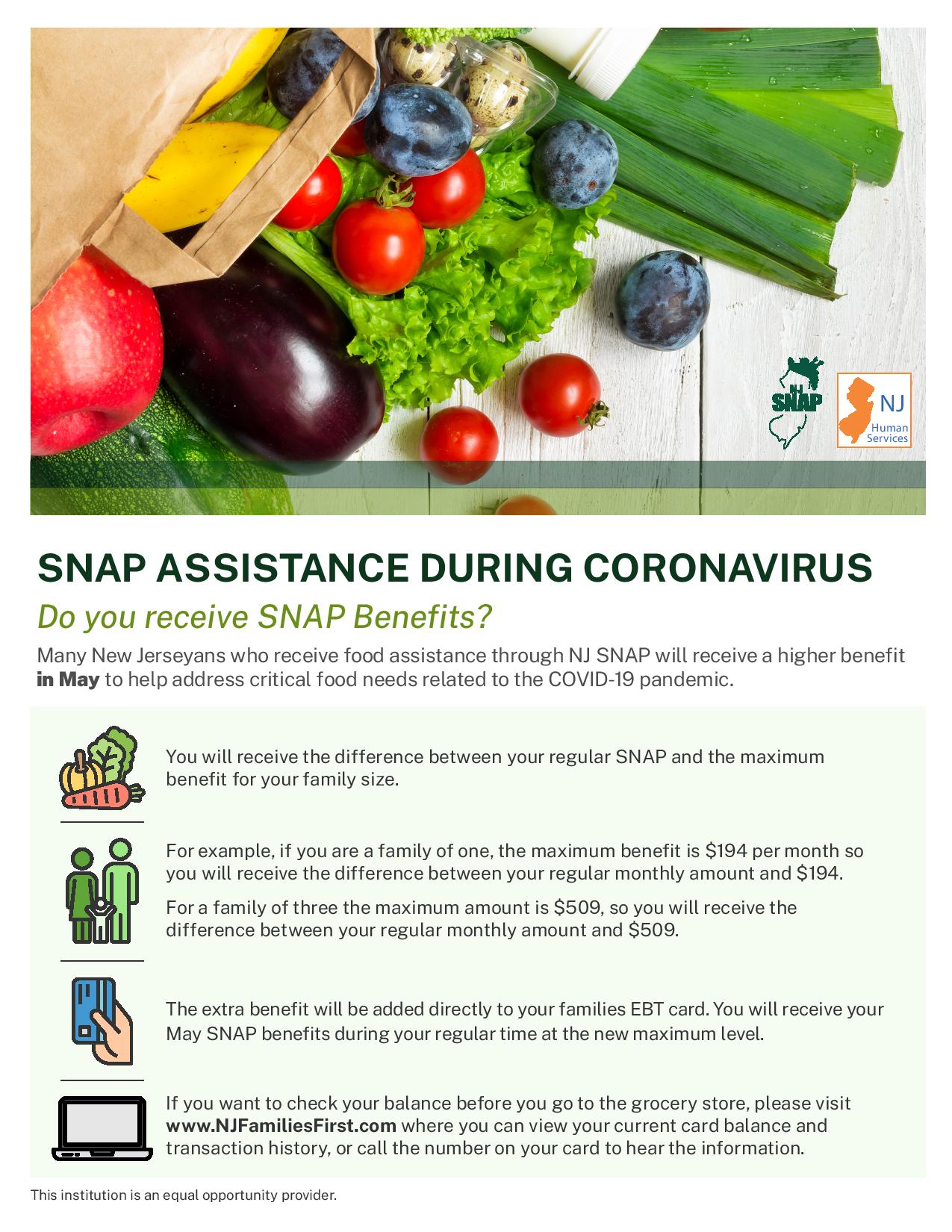Governor Charlie Baker, Lt. Governor Karyn Polito and the Baker-Polito Administration are committed to serving the people of Massachusetts and making the Commonwealth a great place to live, work. DHS Joint Duty Program. The DHS Joint Duty Program is an intra- and inter-departmental program which offers civilian personnel professional and developmental opportunities. Joint duty assignments enhance operations and mission execution through unity of effort and collaboration. For more information about the DHS Joint Duty Program.
Today, Acting Department of Homeland Security (DHS) Secretary Pekoske signed a memorandum directing DHS components, including Customs and Border Protection, Immigration and Customs Enforcement, and United States Citizenship and Immigration Services, to review and reset enforcement policies and set interim policies for civil enforcement while the Department develops its final priorities.

Today, DHS is announcing the suspension of new enrollments in the Migrant Protection Protocols (MPP) program. Effective tomorrow, January 21, the Department will cease adding individuals into the program.

The Department of Homeland Security (DHS) has begun a new nationwide public awareness campaign, “Be Your REAL ID Self” to promote awareness of the REAL ID requirements and encourage the public to act before the October 1, 2021 full enforcement deadline.
On January 11, then-Acting Secretary of Homeland Security Chad F. Wolf approved a Strategic Action Plan that details DHS’s efforts to confront the full spectrum of Chinese threats to the Homeland. The DHS Strategic Action Plan describes how the Department will continue to leverage the entire Homeland Security Enterprise to respond to the myriad threats posed by the Beijing regime to the American people.
On January 11, the DHS Office of Strategy, Policy, and Plans released a first-of-its-kind 2020 Economic Security Assessment. This innovative annual product identifies five key trends that shaped the global economic landscape in 2020, and identifies nine “critical domains” as essential to the ongoing operation and growth of the U.S. economy.
'More Than a Meal'
In 2017, community dining centers participating in the Wisconsin Elderly Nutrition Program served approximately 1.5 million meals to older adults in Wisconsin and approximately 2.3 million meals were delivered to homebound seniors throughout the state via this program. State and federal funds along with donations from participants support the program.
- Virtual Summer Summit. January 27, 2021 9:00 am – 12:00 pm. The annual Summer Summit brings together the Tennessee Department of Human Services, Tennessee Department of Education, United States Department of Agriculture Food and Nutrition Service, food program sponsors, and national, state and local thought leaders on food insecurity and food.
- The Demographic and Health Surveys (DHS) Program has collected, analyzed, and disseminated accurate and representative data on population, health, HIV, and nutrition through more than 400 surveys in over 90 countries.
Both nutrition options highlighted below are available to individuals age 60 or older, regardless of income. No fee is charged, but all individuals are encouraged to donate toward the meal. Meals provide a minimum of one-third of the daily nutritional needs for an older adult and follow the most updated Dietary Guidelines for Americans. Special diets may be provided upon medical recommendation.
Community Dining Centers

There are approximately 505 Senior Dining Center locations in Wisconsin. Older adults age 60 and older in each county and tribe can enjoy a hot, nutritious meal in a friendly atmosphere. Many dining centers serve meals Monday through Friday around the noon, but days and times open can vary. Dining centers also sponsor programs on health, nutrition education, and other consumer issues. Note that some locations may require reservations 24 hours in advance. Donations are encouraged.
Where can I find a Senior Dining Center in Wisconsin?(Doc)Newcomers are welcome.
Home Delivered Meals
Home delivered meals are available to older adults who are homebound due to health reasons, and physically or emotionally unable to travel for a meal with others. The nutrition program coordinator will coordinate a home visit for interested individuals to explain the program and determine eligibility for this service. Meals are delivered by sensitive, caring volunteer and paid staff drivers who are concerned with the well-being of the individual. Special containers ensure that when the meal arrives, it is hot and ready to eat. In some cases, individuals can opt to receive frozen meals to reheat at a later time.
For more information on how to participate and to locate dining centers in your area, please contact your County or Tribal Nutrition Program.
Interested in volunteering?
Dhs Program Eligibility Specialist
You may contact your local nutrition program for more information.
Dhs Nutrition Program Requirements
Additional Food, Meals, and Nutrition Information
Dhs Special Nutrition Program
Resources for Nutrition Program Providers